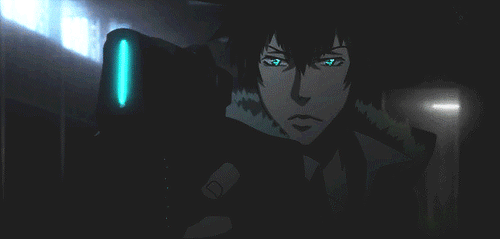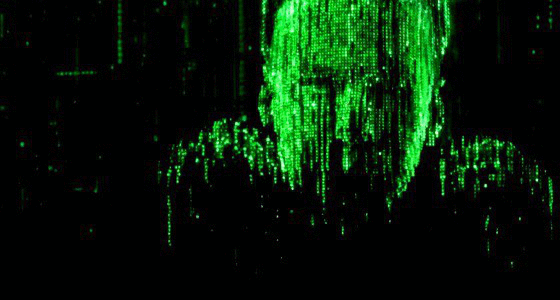Like something out of a science fiction movie, it seems that Facebook is making anonymity impossible.
Roughly, 400 million photos are uploaded to Facebook every day. But even more striking is the fact that Facebook is getting smarter at recognizing individual faces within those images. Strike that-Facebook is getting eerily accurate at correctly tagging photos.
In what sounds like it could be taken straight out of The Matrix, Facebook claims that their program, DeepFace AI system, is now powerful enough to recognize individuals out of their hundreds of millions of images. In an article for the Daily Dot, Taylor Hatmaker decided to test out how accurate Facebook’s facial recognition algorithm really is.
 Hatmaker uploaded a test album of 15 photos which had not been previously shared with any of her friends so cross-referencing was eliminated. Within her test set, Facebook automatically tagged eight of the photos, and was only incorrect on one image-which Hatmaker considers “half-right” because it tagged her face with that of the other person on in the picture. The automatic tagging however took no extra time when the images were being uploaded, and it was done entirely by Facebook, with no prompting from Hatmaker. Verdict: Facebook’s facial recognition is good. REALLY good.
Hatmaker uploaded a test album of 15 photos which had not been previously shared with any of her friends so cross-referencing was eliminated. Within her test set, Facebook automatically tagged eight of the photos, and was only incorrect on one image-which Hatmaker considers “half-right” because it tagged her face with that of the other person on in the picture. The automatic tagging however took no extra time when the images were being uploaded, and it was done entirely by Facebook, with no prompting from Hatmaker. Verdict: Facebook’s facial recognition is good. REALLY good.
For those who subscribe to the sci-fi paranoia, panic might seem like a pretty reasonable option right now. However, Facebook claims that their automatic facial recognition is not meant to dissolve privacy, but rather, increase privacy (right, because that makes sense).
Geek reports that allegedly, with this enhanced facial recognition, users will be spared the burden of living with their face tagged in those embarrassing-and even incriminating photos. Users will be able to see in which of their friends photos they are tagged, and then have the option to blur out their face. On the plus side, someone could (theoretically) also see when they are tagged in strangers’ pictures. However, unless you are Facebook friends, you wouldn’t be able to see a stranger’s identity.
Even more disconcerting though is that this is not a new development. As Hatmaker reported, the facial recognition process has been growing more and more fine-tuned ever since Facebook acquired face.com in 2012. Their program, now dubbed Deepface, uses the technique called (imaginatively) Deep Learning. The idea behind Deep Learning is for a computer to copy as near as possible the process of reading features the way human eyes do. With Deep Learning, the computer learns to recognize certain patterns, and then, by drawing on knowledge from an existing data set, it can also recognize new patterns in new faces, thereby growing “smarter.”
 With each improvement in the algorithm, the computer grows better able to analyze faces not as pixels, but as eyes, ears, and mouths. With the differentiation of facial aspects, the computer grows smart enough to recognize the same face even in significantly different pictures. While undeniably disturbing in its accuracy, it is hard not to be in awe of this program.
With each improvement in the algorithm, the computer grows better able to analyze faces not as pixels, but as eyes, ears, and mouths. With the differentiation of facial aspects, the computer grows smart enough to recognize the same face even in significantly different pictures. While undeniably disturbing in its accuracy, it is hard not to be in awe of this program.
Regardless, at the end of the day, users’ faces are still being identified in any picture uploaded to Facebook. It is a scary thought, even to those who disregard all science fiction. For those who have indulged in the “impossible,” the facial recognition sounds as if it was pulled from Psycho Pass to “read” us, or The Matrix to control us. It remains to be seen how this will play out: people value their privacy, and if Facebook is going use this process, you better believe their will be clashes over privacy rights. You can ignore it, you can panic over it, or you can fight it, but no matter what you do, Facebook recognizes you, and Facebook is watching you.


